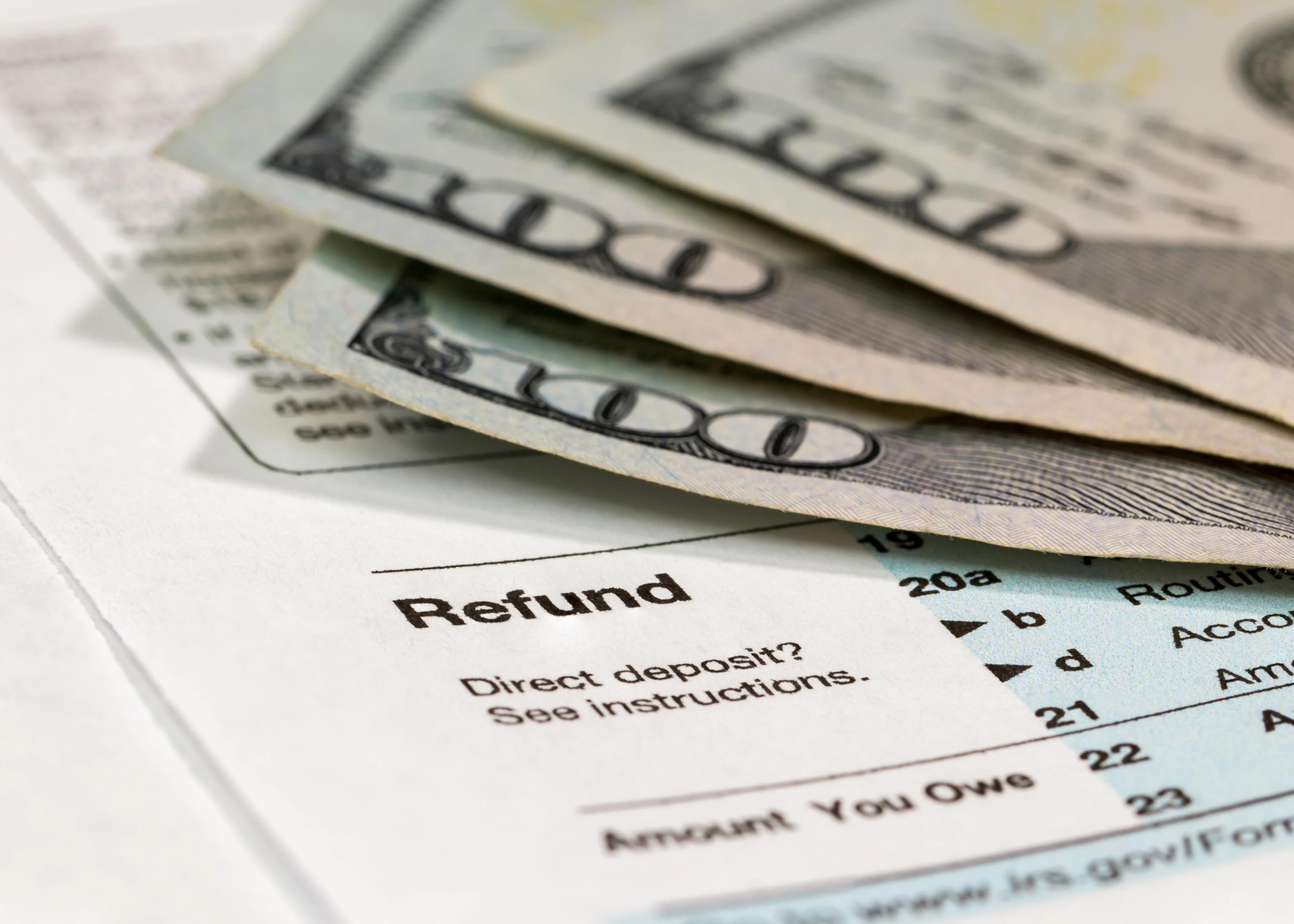
Filed for a Large Tax Refund? IRS Warns to Make Sure It’s Legitimate
The IRS issued an alert on May 14, 2024, cautioning taxpayers about ongoing tax scams and misinformation circulating on social media, which prompted many taxpayers to submit inflated refund claims this past tax season.
The IRS identified three recurring themes among these invalid refund claims:
- Fuel Tax Credit: This credit is intended for off-highway business and farming purposes. Eligibility requires a valid business purpose, such as operating a farm or purchasing aviation gasoline. The majority of taxpayers will not qualify for this credit.
- Credits for Sick Leave and Family Leave: These credits were available for self-employed individuals during the COVID-19 pandemic for the tax years 2020 and 2021 only. The IRS has observed instances where taxpayers incorrectly used Form 7202 to claim credits based on income earned as employees rather than as self-employed individuals.
- Household Employment Taxes: Taxpayers have fabricated household employees and filed false claims for sick and family medical leave wages on Schedule H (Form 1040).
Should You Amend Your Return?
Taxpayers who improperly claimed these credits should use the IRS tool "Should I file an amended return?" for guidance on whether they should amend their return. Those who received letters requesting additional documentation to substantiate their claims should follow the instructions provided.
Due to the dubious nature of many of these claims, the IRS has frozen refunds for affected taxpayers, who must follow specific steps to resolve the issue. Those with frozen refunds may receive letters from the IRS requesting additional information or verification of their identity.
It's important to note that refunds are entirely frozen on returns with fraudulent claims, meaning taxpayers will not receive any portion of their refund, even if legitimate credits were also claimed. Taxpayers are encouraged to scrutinize their tax returns for accuracy, especially if they utilized a tax preparer who did not sign the return.
Potential Consequences
Failure to rectify inaccurate claims may result in penalties of up to $5,000 per return for filing frivolous claims, as well as the risk of an audit or criminal prosecution for knowingly filing a false tax return. To avoid penalties and potential IRS actions, taxpayers should promptly submit accurate tax returns without ineligible claims. Seeking advice from a trusted tax professional, like the tax pros at Doeren Mayhew, is recommended.


